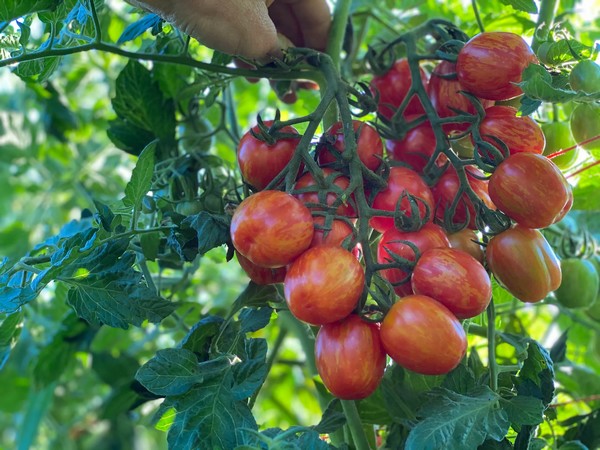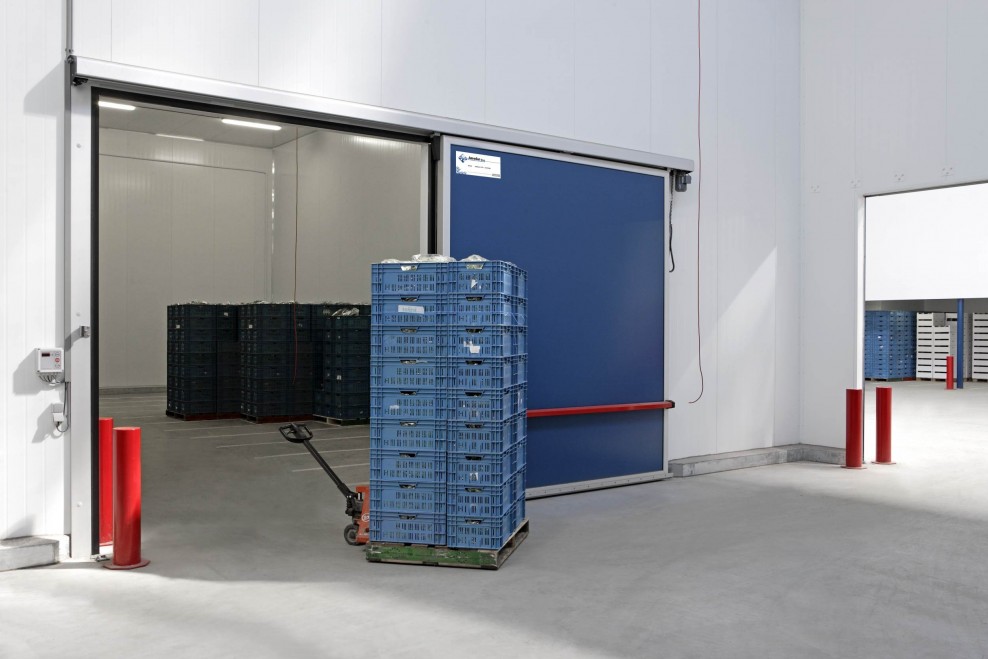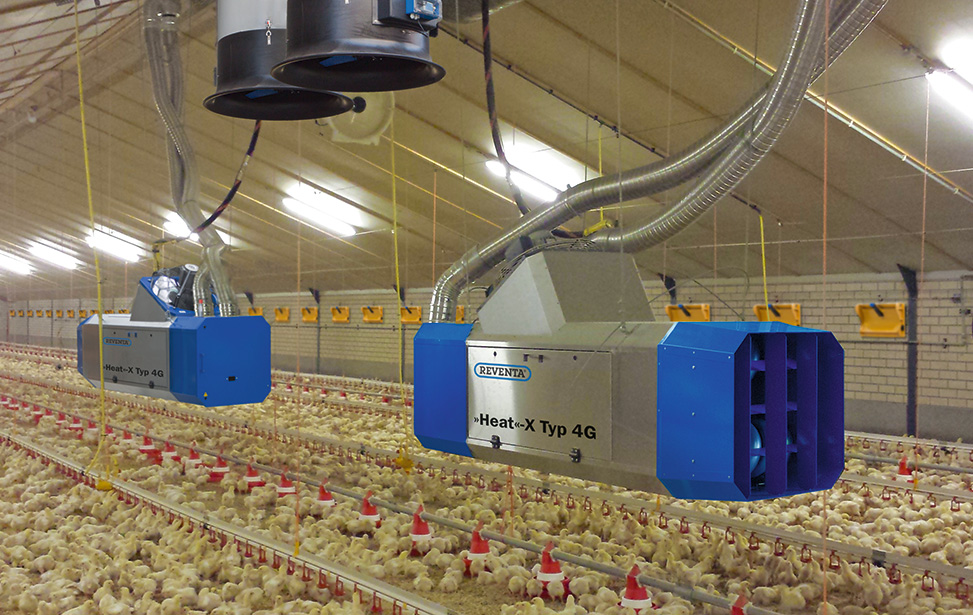Growing on water with mainly salt water offers great opportunities for greenhouse horticulture. That’s why Red Sea Farms, a Saudi Arabian farm, recently raised $10 million from a group of investors from Saudi Arabia and the United Arab Emirates.
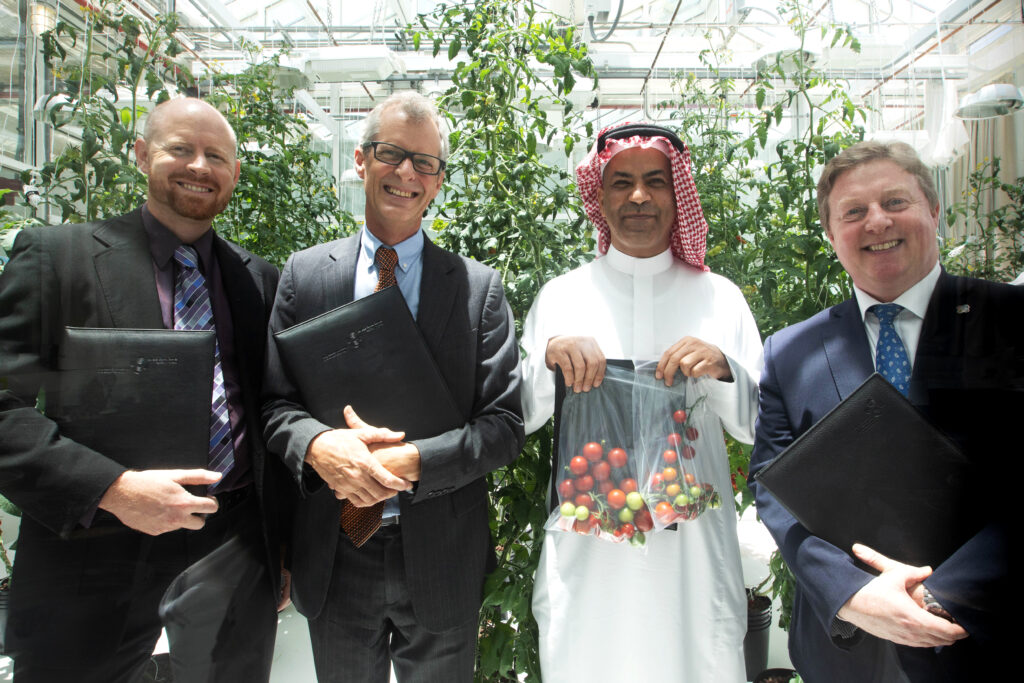
The investment in Red Sea Farms, located at King Abdullah University for Science and Technology (KAUST), a hundred kilometers north of Jeddah, is one of the largest AgTech investments in the region to date. The consortium reflects the growing interest of investors in the Gulf region in sustainable horticultural solutions that can respond to global supply chain disruptions due to, for example, a pandemic.
he funding is led by a group of investors from Saudi Arabia and the UAE, including Aramco’s Wa’ed venture capital fund, the non-profit Future Investment Initiative Institute foundation, KAUST and Global Ventures, a UAE venture capital group. For many of the participants, this adventure is one of the first AgTech investments.
Salt instead of fresh
Red Sea Farms was founded in 2018 with the aim of reducing food insecurity, carbon footprint and freshwater use in the food sector worldwide and in the Gulf region in particular. The company’s unique all-encompassing growing system uses primarily saltwater, reducing freshwater consumption by 85 to 90 percent.
A patented system of more efficient technologies for generating and applying solar energy and monitoring crop growth now allows use of salt water instead of fresh water typically used to cool greenhouses and water crops .
Pilot greenhouse
“Red Sea Farms’ cultivation systems can be scaled up quickly and easily in warm climates such as the Middle East, where conventional cultivation methods are not possible or cost-effective. We will initially use the technology to grow and market tomatoes in Saudi Arabia, but eventually we plan to bring complete turnkey growing systems to market for interested parties all over the world,” explains the Red Sea Farms team. “The funding will be used to set up more than six hectares of commercial cultivation activities in Central and Western Saudi Arabia through new construction or modernization of existing facilities.”
The company currently operates a saltwater test greenhouse in the KAUST Research & Technology Park.
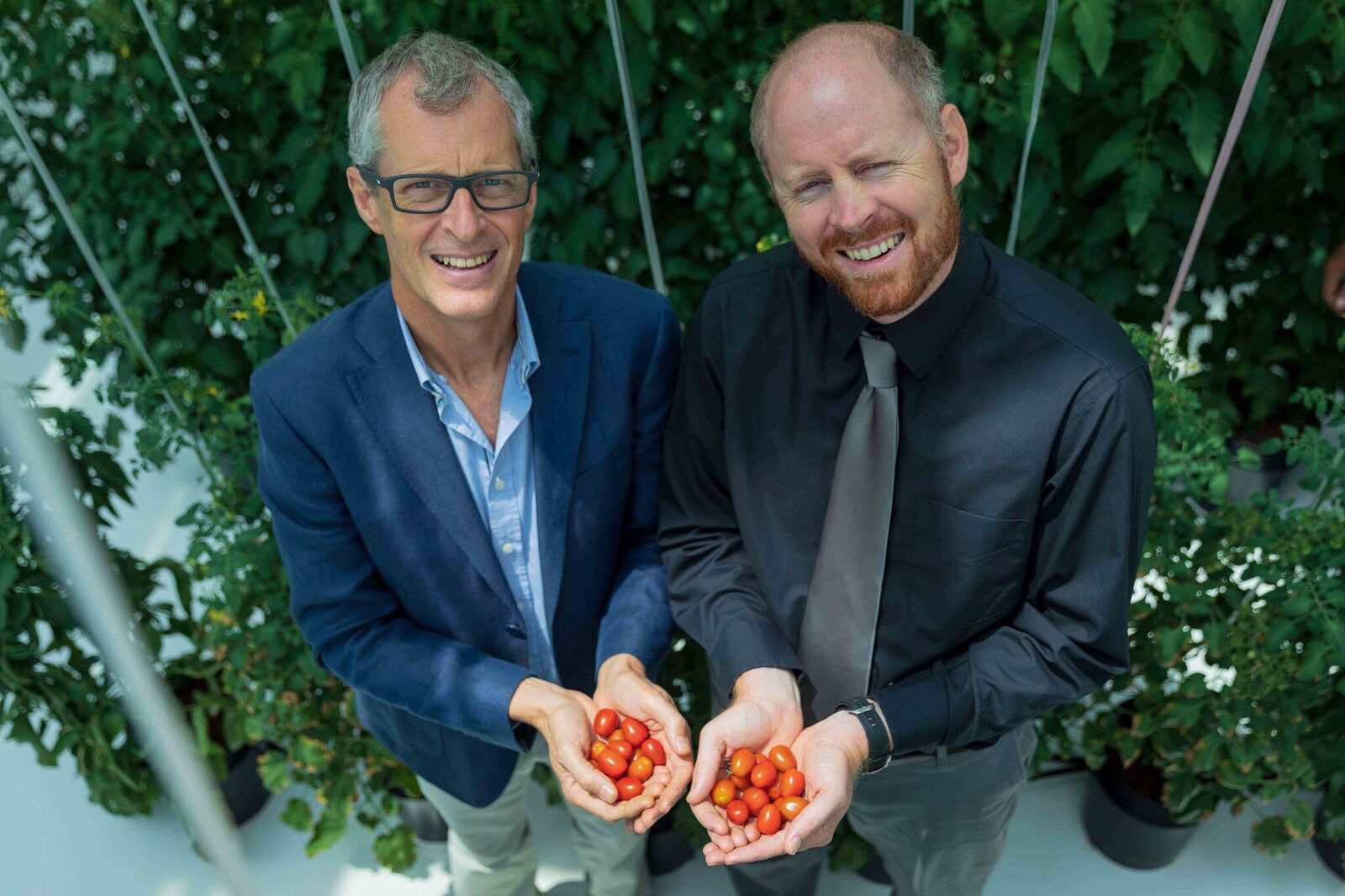
This investment is the first from the non-profit Future Investment Initiative Institute in high-tech horticulture. “Our investment in Red Sea Farms fits well with our mission to support initiatives and projects that can have a positive impact on humanity,” said Richard Attias, CEO of the FII Institute. “Our triple strategy ‘Think-Xchange-Act’ enables us to play a decisive role in the new impact economy. We are excited to partner with King Abdullah University for Science and Technology and other key investment groups to bring this revolutionary technology to market.”
Red Sea Farms, a KAUS spin-out and advised by the Kirchner Group, was originally founded by Tester, a plant scientist, and Lefers, an expert in horticultural engineering. Both also recently acquired Iyris Advanced Desert Greenhouses, a smart glass manufacturer developed by Derya Baran based on solar technologies and optical tuning. For example, Baran, who is also affiliated with the university, became a co-founder of Red Sea Farms.
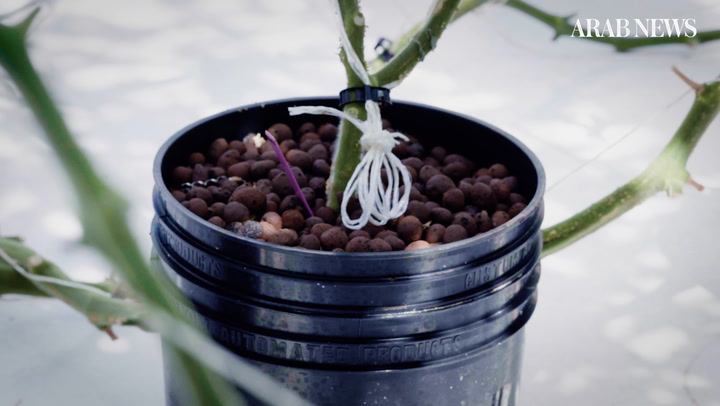
Red Sea Farms received a $1.9 million investment in 2019 from the KAUST Innovation Fund and the Saudi Arabia-based Research Products Development Company. KAUST, a leading research university, is a major innovator of sustainable growing solutions for the Middle East and other water-scarce regions.
RSF is tackling the food and water nexus in the region, but also in geographies where the climate limits the possibilities of agriculture. To us, what stands out most about the company is the unmatched trifecta of the solution. Co-founders, Dr. Mark Tester and Dr. Ryan Lefers, married their individual scientific specialties to create a solution at the intricate intersection of engineering, plant sciences and innovation.

